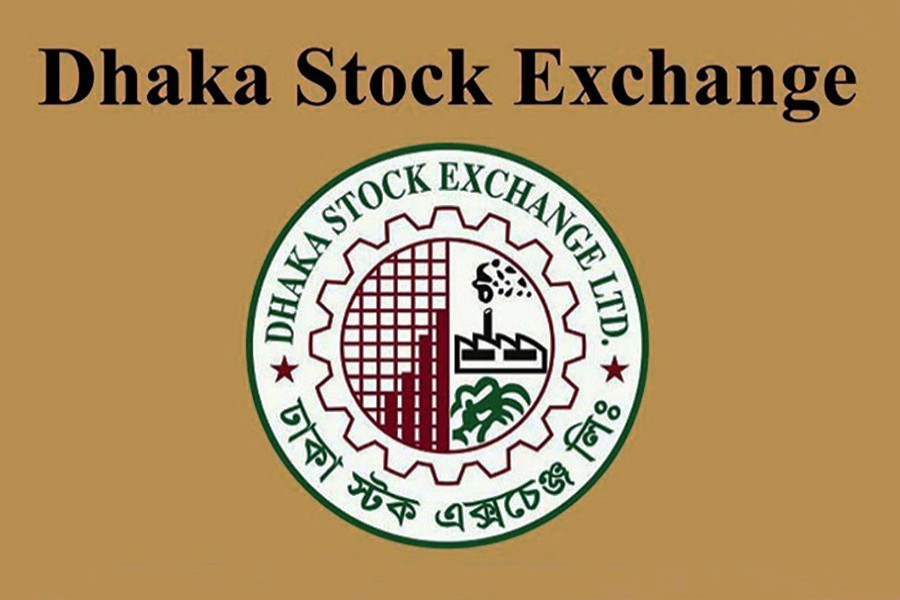The ratio of the Dhaka Stock Exchange’s market-cap to the GDP remained low in the region amid lack of listing of new big issues and price erosion of large-cap companies.
The present market capitalisation is approximately US$ 36 billion which is 13 per cent of the country’s gross domestic product (GDP), according to the Dhaka Stock Exchange.
“This ratio is insignificant in comparison with the emerging and developed countries,” said Kazi Sanaul Hoq, managing director of the DSE.
The ratio of market-cap to GDP, one of the major indicators of measuring depth of a market, was also less than 13 per cent in the last fiscal year, from its peak of about 34 per cent ten years ago in the FY 2009-2010, the year that saw the market indices skyrocketing for no reasons.
The ratio of DSE market capitalisation to GDP is also the lowest among the emerging Asian-Pacific countries.
The capital market of Bangladesh is lagging behind the economic growth of the country and the stock market could not keep pace with the country’s economic growth.
Market capitalisation, or market cap, is calculated by multiplying the total number of a company’s outstanding shares with the current market price of shares.
The ratio of market-cap to GDP was 25 in 2013, 24 in 2014, 21 in 2015, 20 in 2016, 22 in 2017, 17 in 2018 and 13 in 2019, the DSE data showed.
Market operators said the market-cap to GDP ratio declined due to a sharp fall in the indices, lack of new large-cap issues and rights offers in recent times.
Only eight companies, mostly small ones, raised Tk 5.52 billion in 2019. Fund raising through issuing rights shares also sank further in 2019 as only two companies collected Tk 2.31 billion.
A low market cap to GDP ratio reflects insufficient depth of the stock market, said DR. AB Mirza Azizul Islam, former finance advisor to the caretaker government.
“The low ratio also highlights the fact that the capital market is yet to be properly used for long-term investments,” said Mr Islam, also former chairman of the securities regulator.
He suggested simplification of the process of listing and bringing state-owned companies to the market to attract good companies.
The government may focus on reducing the time it takes for a corporate to raise money through IPO to increase the attractiveness of IPO as a financing option, he added.
The share prices of large-cap companies like Grameenphone, Square Pharmaceuticals, British American Tobacco and Investment Corporation of Bangladesh plunged throughout the year which weighed heavily on the market-cap.
The share price of GP, the largest market-cap company, saw 36.40 per cent price fall in the last one year to close at Tk 238.80 on March 25, the last trading day before the government holiday started
The GP stock plunged throughout the year amid tussle between GP and Bangladesh Telecommunication Regulatory Commission (BTRC) over the telecom regulator’s audit claim of Tk 125.80 billion in unpaid taxes and dues.
The GP have notable impact on index movement and overall market-cap due to its large market capitalisation, said a stockbroker.
The DSE key index lost 1,522 points, wiping out market capitalisation of Tk 1,015 billion in the past 12 months since March 25, last year.
Among other countries in the region, the market cap to GDP ratio is 25 per cent in Karachi Stock Exchange, 77 per cent in the Philippines Stock Exchange, 77 per cent in Bombay Stock Exchange, 114 per cent in Thailand Stock Exchange, 119 per cent in Bursa Malaysia, 120 per cent in Tokyo Stock Exchange and 229 per cent in Singapore Stock Exchange.


